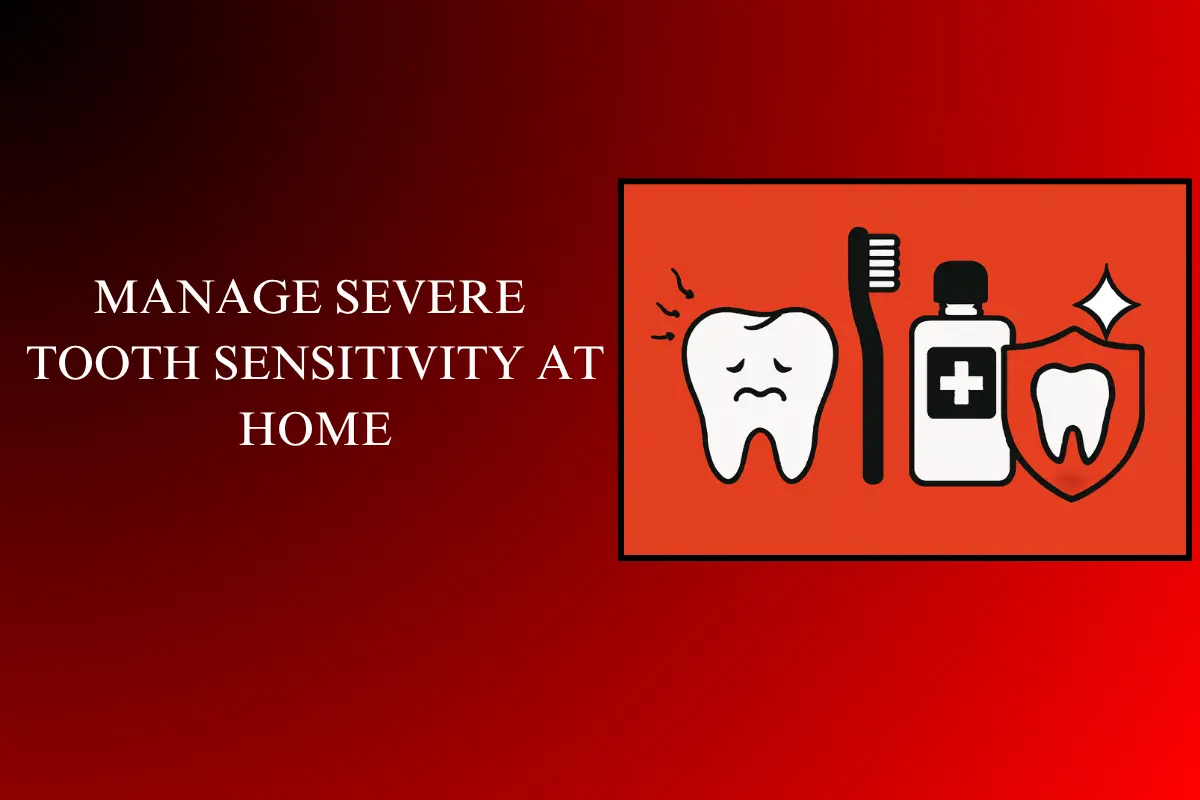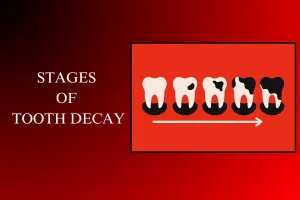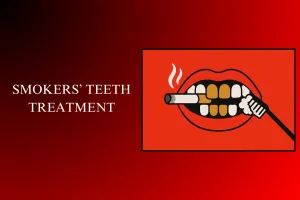Tooth sensitivity is a common problem that affects millions of people. The pain can range from mild discomfort to sharp, shooting sensations, especially when eating or drinking hot, cold, sweet, or acidic foods. For residents in Manchester and Leeds, this issue can disrupt daily life and make even simple meals uncomfortable.
Fortunately, there are ways to identify the causes of tooth sensitivity and manage it effectively at home. With the right approach, you can reduce pain, protect your teeth, and prevent the problem from worsening.
Schedule Your Visit TodayWhat Causes Tooth Sensitivity?
Tooth sensitivity occurs when the protective layers of your teeth — particularly the enamel and cementum — become worn or damaged, exposing the underlying dentin. This inner layer contains microscopic tubules that connect to the nerves inside the tooth, which makes them highly responsive to temperature changes and pressure.
Common Causes of Tooth Sensitivity
Knowing what causes tooth sensitivity is essential before starting any treatment.
How to Manage Severe Tooth Sensitivity at Home
If you’re experiencing discomfort but the pain isn’t extreme, several simple home remedies can help reduce tooth sensitivity naturally.
Use a Desensitizing Toothpaste
Toothpastes formulated for sensitivity contain compounds like potassium nitrate or stannous fluoride that block pain signals between the tooth surface and the nerve. Regular use can significantly reduce discomfort over time.
Brush Gently and Use a Soft-Bristled Toothbrush
Brushing too hard can damage enamel and irritate gums. Use gentle, circular motions with a soft-bristled brush to clean effectively without causing harm.
Avoid Acidic and Sugary Foods
Limit your intake of citrus fruits, sodas, and sweets, as these can erode enamel and increase sensitivity. Rinse your mouth with water after consuming acidic foods to neutralize the acids.
Maintain Good Oral Hygiene
Brush twice daily, floss once a day, and rinse with an alcohol-free fluoride mouthwash. This helps prevent plaque buildup, which can irritate sensitive areas.
Use a Fluoride Rinse or Gel
Fluoride strengthens enamel and helps reduce pain by shielding exposed dentin. Many over-the-counter fluoride mouth rinses are safe for daily use.
Avoid Teeth Grinding
If you grind your teeth at night, a custom-made nightguard can help protect the enamel and reduce sensitivity caused by friction.
These simple adjustments can go a long way in easing tooth sensitivity and preventing further damage.
Book Your Appointment Now!When to See a Dentist for Tooth Sensitivity
While mild sensitivity can be managed at home, it’s important to see a dentist if:
Underlying Conditions That Require Professional Care
Prompt diagnosis ensures that the underlying problem doesn’t lead to a dental emergency.
Why Choose Night and Day Emergency Dentist?
At Night and Day Emergency Dentist, we understand that persistent tooth sensitivity can interfere with daily comfort. Our clinics in Manchester and Leeds use advanced diagnostic tools to find the exact cause of your sensitivity.
We offer:
Our goal is to provide immediate relief and long-term solutions tailored to your dental needs.
Get Immediate Relief!Frequently Asked Questions (FAQs)
Conclusion
Severe tooth sensitivity can make eating, drinking, and even breathing through your mouth uncomfortable. Fortunately, with proper care at home and timely dental visits, the condition can be managed effectively.
If you’re in Manchester or Leeds and struggling with ongoing tooth sensitivity, Night and Day Emergency Dentist offers expert diagnosis and tailored treatments to restore comfort and protect your smile.




